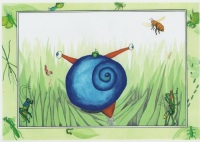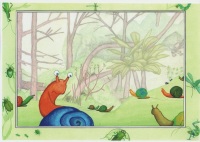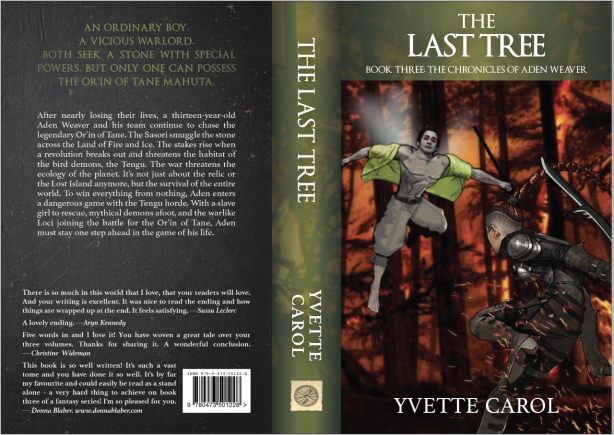“If I were to write a play I’d write it any damn way I pleased and it would come out all right.” ~ Charles Bukowski. ~ “It makes me nervous to read those articles on playwriting, ‘A play must have a premise’ and so forth. I am afraid that the problems of our playwrights … is they are TOLD the proper way to do a thing.”
My thoughts exactly, Charles! Yes, folks, once again we get to visit one of my pet peeves, upon which I’m going to bestow a grand name – #WhySoManyRules?

Story is not born of convention or following the rules. Yes, we writers must be neat and tidy and write within the lines. To a point. Award-winning kiwi author, Kate de Goldi, put it this way. “I don’t care about the classifications of what constitutes children’s literature. I want to write articulate, textural, demanding fiction. I think current stories are lacking in complex structure, and nuance. Kids need more than a limited diction.”
Kate is my writing hero and I admire her attitude fiercely. She’s how brave I aim to be when I grow up.

#WhySoManyRules?
You see, I feel stifled a lot of times by the laundry list of modern do’s and do-not’s for writing fiction. The “was police” won’t allow a single use of the word. Using gerunds is never allowed under any circumstances. Descriptive passages are an absolute “no-no.” Flashbacks should be avoided, the same goes for prologues and epilogues. The new one I hear is don’t include maps. And so on, and so forth.
Sometimes, I feel reduced to a kindergartner, unable to make a single coherent decision unassisted.
#WhySoManyRules?
I’m immersed in the happy process at present, of refining the original vision of my book, ‘The Sasori Empire’ i.e. making presentable fiction through the steady process of attrition: the edit-critique-rewrite-critque-edit cycle.
The polishing is necessary but what I question is, do we really have to take out every ‘was, were, had?’ Can’t I use ‘ing’ once, or twice, or maybe thrice?
Why are there so many should’s and should-nots these days?

When I read classic bedtime stories to the kids, I realize how comforting the old style of writing was for the reader. The boys and I are currently reading Paddington. We all agree how much we’re enjoying the story.
Here’s a sample of the text (italics, mine):
‘The Browns were there to meet their daughter Judy, who was coming home from school for the holidays. It was a warm summer day and the station was crowded with people on their way to the seaside.’
This is a perfect example because a passage like this from Paddington would never get past an editor or critique reader today. You’d have to take all of the italicized words out. This is the sort of constrictive thinking I’m talking about for a writer in these times.

It was Maya Angelou who said, “There is no greater agony than bearing an untold story inside you.” This is the truth. Any creative person will know this deeply. The wellspring within must find its outlet.
What do we do when the walls and structures of modern fiction hem us in, watering down our work? Diluting our inspiration?
We compromise. I do take out a lot of was words and gerunds and description in the editing process. But I don’t take them all out. I pick what goes and what stays by how it feels to me, and how important it is to the telling of my story.
As my dear friend, James Preller said when I wondered whether to quit early on editing my first book, “It’s your name on the spine.”
We need to seek that particular middle ground which will serve the spirit of this project.
A delicate balance can be found, I believe, between the popular expectations, and respect for the muse and our own writer’s voice.
We respect that our name will be on the spine of a book which may outlive us.

Chuck Wendig said, “Writing involves a series of stylistic choices. Sometimes these choices mean breaking rules. It’s okay to make these choices as an author. It’s okay to not like these choices as a reader. The end.”
When I started blogging, author and film-maker, PJ Reece responded to my first post. “The writing world needs more unedited truth. I can see it all now… fans showing up to hear ever more about the king with no clothes on. Is there not far too much conventional thinking in the wannabe writing world? Your site could be the antidote. I`m in! And all the best!
I don’t know about ‘unedited truth’ however, I can visit and re-visit the heck out of my pet peeves.
#WhySoManyRules?
Do we need so many rules for our fiction? Agree or disagree?

Keep Creating!
Yvette K. Carol
+
Don’t tell me what I’m doing, I don’t want to know. ~ Federico Fellini
+
Sign up for my Newsletter by going to the front page of my website: http://www.yvettecarol.com
















You don’t have to follow all the rules if you do what you do exceptionally well…but I really mean exceptionally well…better than anyone else has ever done it. Be true to your voice!
LikeLiked by 1 person
It’s such a fine line in my eyes, choosing what stays and what goes. All I know is keep searching for what really works!
LikeLike
Too many rules can stifle output. There have to be rules about presentation or the books don’t come off right but the final arbiter of what’s right and wrong will be the reader.
xxx Massive Hugs xxx
LikeLiked by 1 person
Good point. In the end, the final word goes to the reader, as it should. xxx
LikeLiked by 1 person
Yay for rule breaking and Paddington Bear.
LikeLiked by 1 person
Yes! Well said, Catherine. Hooray for Paddington! Let’s throw Paddington bear parties today! At the very least, we shall read a new chapter, tonight 🙂
LikeLiked by 1 person
There needs to be some rules, I think, otherwise, it’s like literary anarchy. That said, I think if one breaks rules with style, that’s fine, too. I like to look at the gestalt of a piece, not nitpick one thing or another. If it’s grippingly written, it doesn’t matter what rules it breaks. 🙂
LikeLiked by 1 person
I agree. While I believe a spot of intelligent anarchy is necessary now and again, to break things up, I ‘m talking about personal choice in service of your art. Being respectful of your own personal moon. Retaining enough of your voice in your piece that you can still hear yourself. 🙂
LikeLiked by 1 person
I hate when somebody takes a rule of thumb that might have limited applicability under certain conditions and then tries to turn it into an unbreakable, universal law. Even the spellcheck on my computer has taken to nagging me whenever I use passive voice. I hadn’t heard that gerunds are now also against the rules. At this rate, I’ll have no way left to communicate but to grunt.
LikeLiked by 1 person
Ha! Good one, Bun. Yes, and that’s exactly what happens. The current “mores” become set in stone in people’s minds. Yet, what I’ve found a lot of times is that when I re-read my own (and other writers) stories under the current system, the stories sound stilted and unnatural. That’s why it gets so ridiculous. The occasional use of passive voice, or the judicious use of “was” or “-ing” is sometimes necessary in service of the story.
LikeLiked by 1 person
Absolutely! 🙂
LikeLiked by 1 person
I agree with you. Honestly, I think it’s more important to know WHY certain rules are there, so that you know WHY you break them if/when you do.
LikeLike
Yes, good point, Misha! 🙂
LikeLike